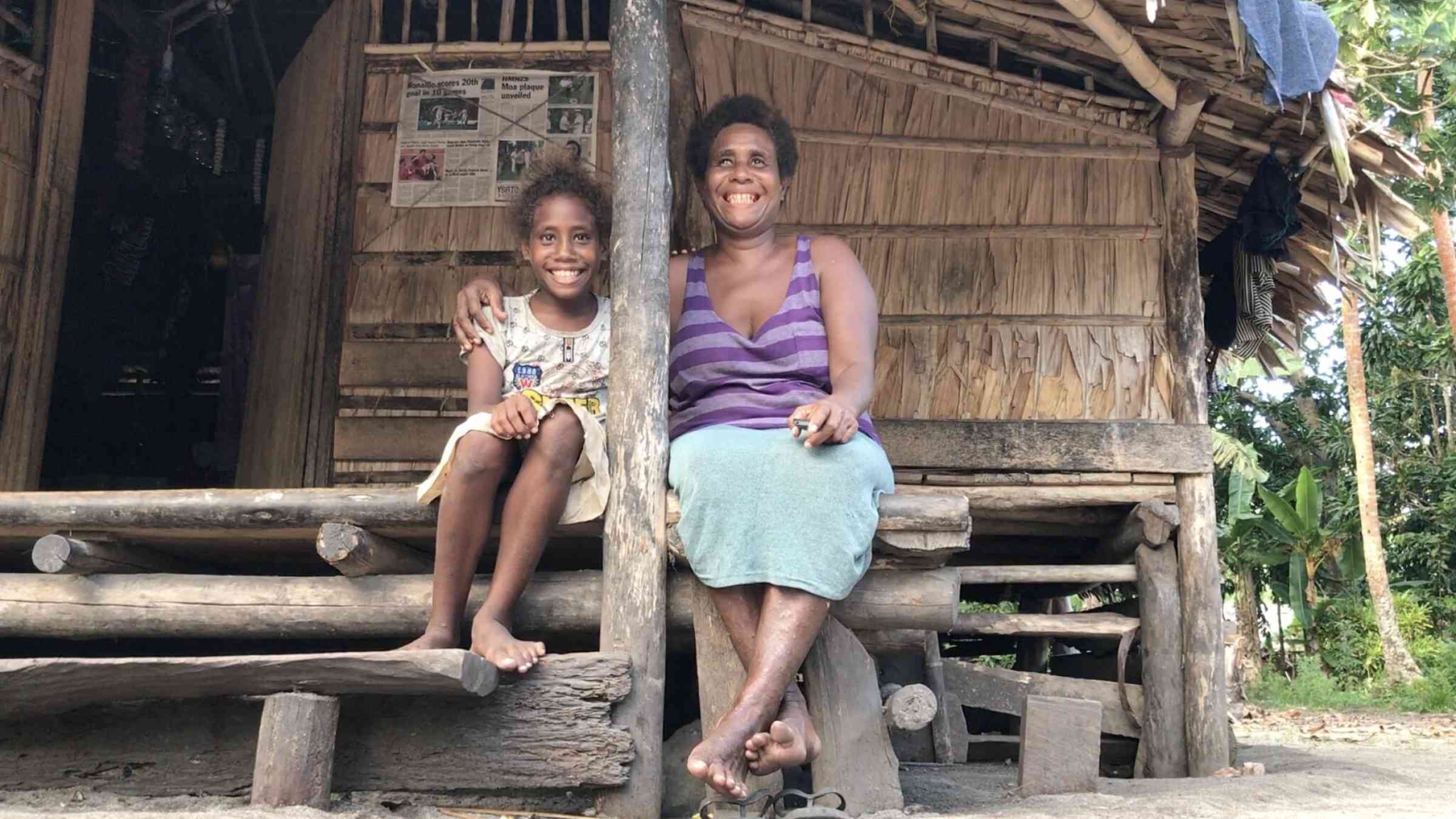Leave no one behind - Empowering the most at risk through social protection
Adaptive social protection systems anticipate and prevent shocks from transforming into crisis, preparing people to cope with crisis and help with recovery and resilience building. However, there is still limited evidence around the effectiveness of adaptive social protection systems to reduce inequalities and deliver protection to those most vulnerable to climate and disaster impacts.
Despite progress on strengthening the shock responsiveness of social protection systems, significant gaps remain. Less than half of the global population is covered by at least one social protection benefit, leaving 4.1 billion people with no access to social protection. When risk reduction interventions are not inclusive, they can inadvertently reinforce or create new sources of vulnerability. While greater investment in adaptive social protection systems is required, they will only succeed in leaving no one behind if the meaningful participation of those most at risk to disasters is institutionalised in the creation and implementation of such systems.
Session objectives
- Increase understanding among DRR stakeholders on how shock responsive/adaptive social protection can address intersectional vulnerability and reduce disaster risk.
- Showcase how social protection schemes can address the root causes and systemic drivers of vulnerability and inequality in a sustainable manner.
- Demonstrate the potential and actual contribution of social protection schemes in identifying threats, preparing for, and recovering from crises.
- Examine the challenges and opportunities that arise from embedding DRR in social protection system resources and integrating social protection principles in risk-informed development planning.
Moderator
- Rohey Malick Lowe - Mayor of Banjul, the Gambia
Speakers
- Victoria Salinas - Acting Deputy Administrator, Department of Homeland Security, Federal Emergency Management Agency (FEMA) Resilience, United States of America
- Pungky Sumadi - Deputy Minister for Population and Manpower, Indonesia
- Dalee Dorough - Chairperson, Inuit Circumpolar Council
- Corazon Clarin - Person with Disability Affairs Officer, WoWLEAP, Inc. Cebu Chapter
- Debora Comini - Regional Director, UNICEF East Asia and Pacific Regional Office
Experience this event
Watch the session
Documents
Learn more
Read this section to learn more about the topic of adaptive social protection, ensuring you come prepared to the session.
Where do we stand?
Building resilience means addressing the root causes of vulnerability, including social exclusion and discrimination, lack of assets, skills, and access to resources, services, and opportunities. A greater emphasis is being placed on the role that social protection can play in supporting individuals, households, and communities to reduce vulnerability and prepare for shocks. Yet some progress challenges remain including:
- Those left uncovered by social protection systems are often the most marginalised: Only 46.9 percent of the global population are effectively covered by at least one social protection benefit.
- Many social protection systems still are not shock responsive and are not adequately adaptable to anticipate and prevent shocks from transforming into crises.
- There is still limited evidence around the effectiveness of adaptive social protection systems to reduce inequalities and deliver protection to those most vulnerable to climate and disaster impacts.
At the same time, adaptive social protection systems are a promising approach to increase the resilience of people and societies, even when they face multiple and interlinked risks. Specifically, adaptive social protection systems can do this by:
- Combining different sectoral approaches and leveraging capacities across government, non-government and humanitarian actors to help to manage risk.
- Focusing on the most vulnerable to disasters when expanding coverage.
- Prepositioning risk financing to ensure funding is readily available.
- Investing in systems and planning to support responsive programming after a shock.
Session guiding questions
- How can social protection systems be further leveraged to ensure implementation of the Sendai Framework is inclusive and leaves no one behind?
- How do the existing efforts on adaptive social protection contribute to the broader DRR agenda and to what extent are DRR stakeholders engaged with strengthening social protection systems?
- How is power devolving to ensure those who have been left behind in the progress made towards the achievement of the Sendai targets are supported and empowered to lead DRR efforts?
Read More:

Agenda
Location
BNDCC 1-Ground Floor
Online access
Interpretation
AR, EN, FR, RU, ES, ZHDetails
Contact
Adam Fysh, adam.fysh@un.org Branwen Millar, branwen.millar@un.org